Celebrations this year marking Queen Elizabeth’s seven-decade reign will mask a less happy reality for the world’s pre-eminent royal family: the British monarchy is being questioned in ways that were unthinkable for most of the last 70 years.
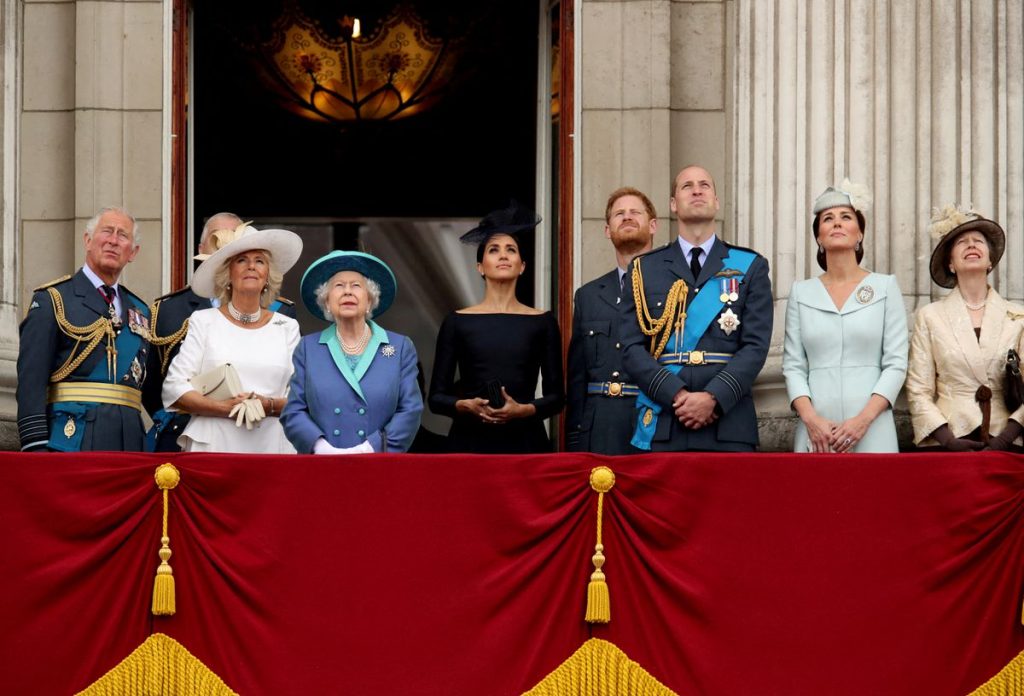
From the U.S. sex abuse court case facing son Prince Andrew to her grandson Prince Harry and his wife’s allegations of racism in the royal household, rarely has the family of 95-year-old Elizabeth, who became queen on Feb. 6, 1952, faced such scrutiny and damaging headlines.
Such is the depth of respect for the queen that while she lives, the institution that goes back nearly 1,000 years looks safe. What comes next is less certain.
“The monarchy and the queen are synonymous for most people,” Graham Smith, chief executive of anti-monarchy group Republic, which has stepped up its campaigning, told Reuters.
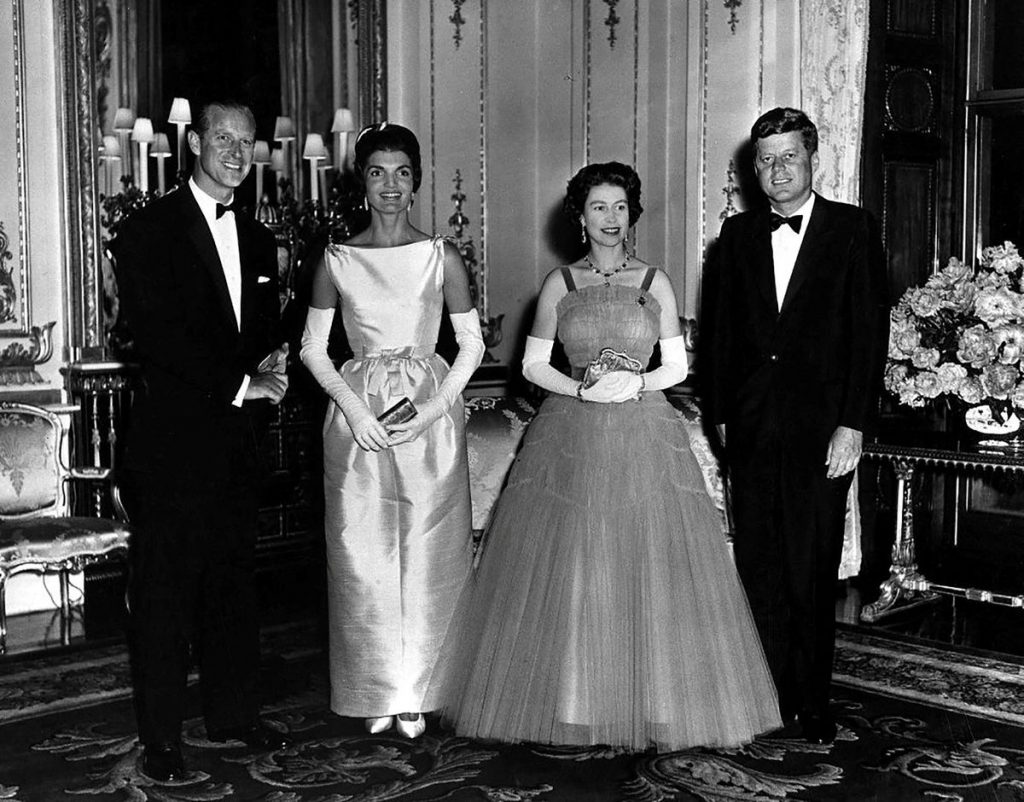
“Once we’re past the end of the queen’s reign, all bets are off as to where public opinion is going to go.”
He said while only an act of parliament would be needed to end the monarchy, it was highly likely there would have to be a referendum first.
The monarchy’s fortunes have ebbed and flowed since her ancestor Norman King William I’s 1066 conquest of England, but only during the decade that followed the execution of King Charles I in 1649 has Britain been a republic.
During Elizabeth’s reign, lows came in the 1990s amid the failings of three of her children’s marriages and the 1997 death of Princess Diana, first wife of heir Prince Charles.
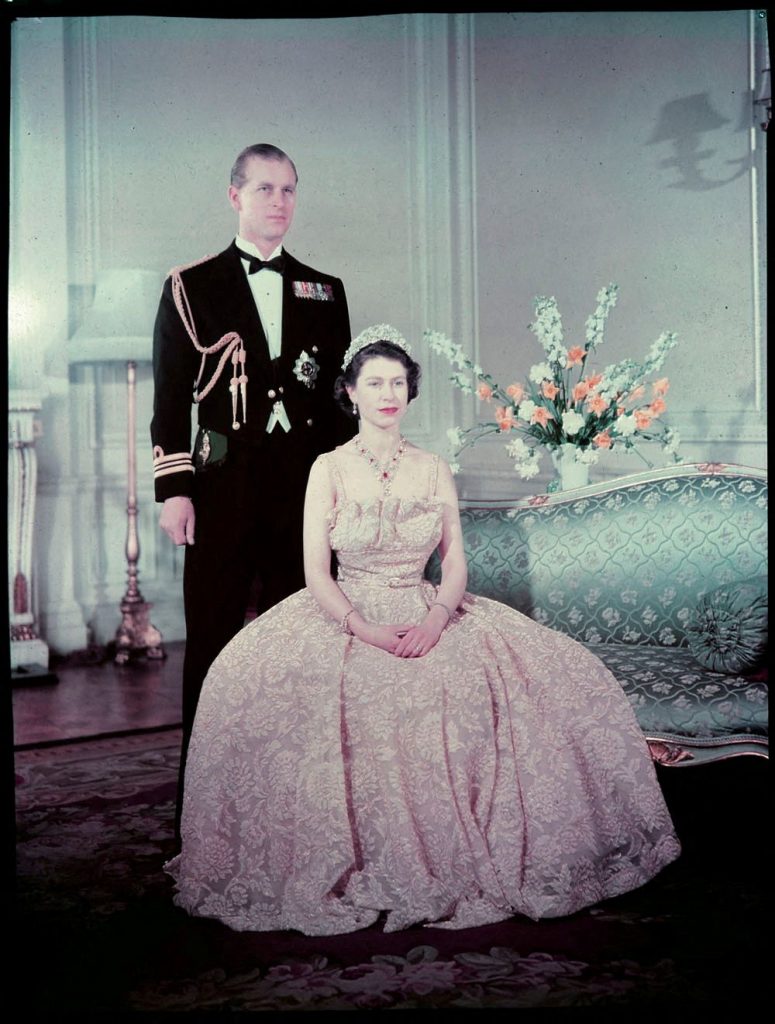
Highs included the public outpourings of support at previous jubilees, the 2011 royal marriage of Elizabeth’s grandson – and future king – Prince William, and the birth of royal children.
Buckingham Palace said the four days of celebrations in June to mark Elizabeth’s platinum jubilee will allow “national moments of reflection on the queen’s 70 years of service”.
A spokesman declined to comment on questions about the monarchy’s long-term future.















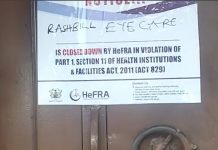
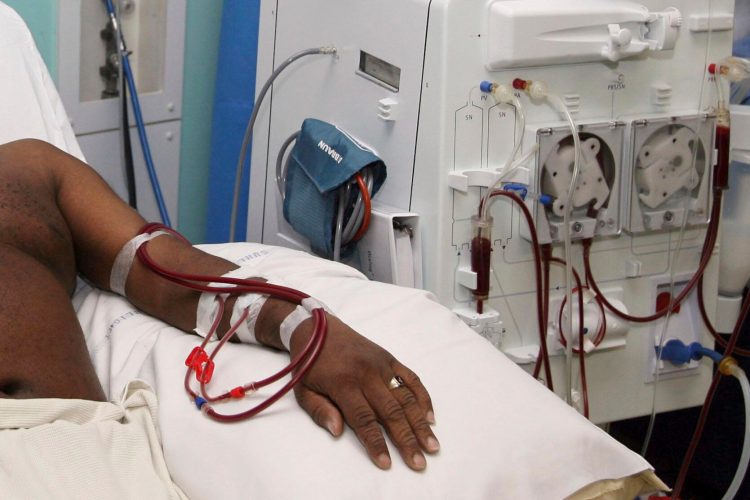






































![[FREE FREE MONEY] Predict and Win a Guaranteed GH¢200 From Us EVERY WEEK](https://wordpress.ghanatalksradio.com/wp-content/uploads/2022/02/Predict-and-Win-Final-09-03-2021-218x150.jpg)
![[Predict & Win – 8th/Oct.] WIN A Guaranteed ¢200 From Us This Week](https://wordpress.ghanatalksradio.com/wp-content/uploads/2021/10/maxresdefault-16-218x150.jpg)
![[Predict & Win – 2nd] WIN A Guaranteed ¢200 From Us This Week](https://wordpress.ghanatalksradio.com/wp-content/uploads/2021/09/maxresdefault-50-218x150.jpg)
![[Predict & Win – 25th] WIN A Guaranteed ¢200 From Us This Week](https://wordpress.ghanatalksradio.com/wp-content/uploads/2021/09/maxresdefault-36-218x150.jpg)
![[Predict & Win – 18th] WIN A Guaranteed ¢200 From Us This Week](https://wordpress.ghanatalksradio.com/wp-content/uploads/2021/09/maxresdefault-23-218x150.jpg)
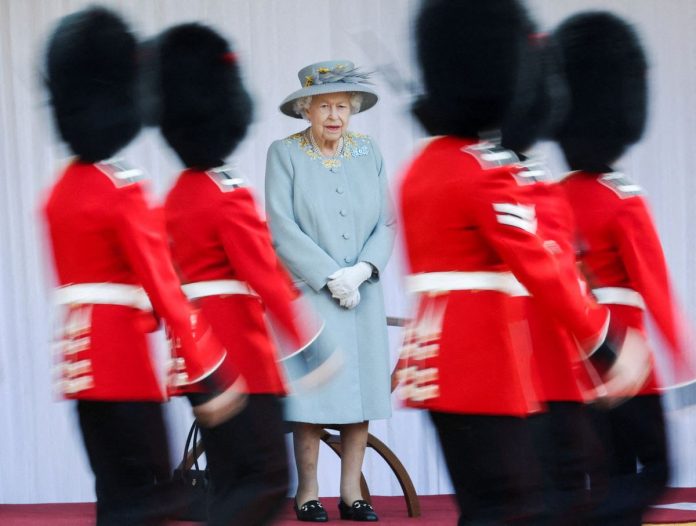

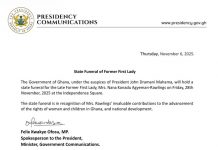








![[National cathedral] See full list of churches that have contributed since 2018](https://wordpress.ghanatalksradio.com/wp-content/uploads/2020/09/Ghana-National-Cathedral-GhanaTalksRadio-100x70.jpg)



